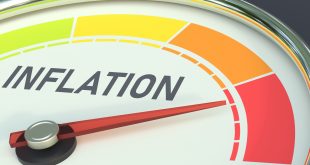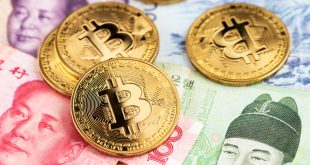Olaf Scholz is now new German Chancellor. It is said that he feels extremely enthusiastic about the ideas he suggested years ago. Once, he described an agreement which he suggested saying that “it will really change the world”, so what other changes is Scholz capable for bringing about on the global economy level?
There are signature economic policies that are linked to Scholz’s name. He feels proud that the short-time working schemes, whose use was promoted in Germany by his ministry after the global financial crisis, are now used across Europe, including the UK, in the guise of the furlough scheme.
He was also responsible for the Agenda 2010 reforms; those reforms saw significant reductions in labour costs in Germany, the establishment of low-paid “mini jobs” and also a rapid rise in German export competitiveness, as well as the revival of its economy.
He also signed off on the “debt brake” policy that meant in normal times, Germany would not invest. It has been suspended during the COVID pandemic for obvious reasons.
Lessons have been learnt from the Eurozone crisis. Mr Scholz now backs non “mini-jobs”, but a Euro 12 minimum wage. As finance minister, he helped Brussels sign off its own centralized capacity to borrow money to help growth and deal with crises.
Chancellor Scholz is very focused on climate change, in the home of the European automotive industry. His concept is massive investment to further green Germany’s industrial base. And internationally, the establishment of a climate club of like-minded nations to manage frictions over trade.
How German industry deals with, for example, the EU-proposed border tax on carbon emissions will be a crunch point on the path to net-zero.
All this comes at a time when inflation has spiked up to 6% and German industry has been hit for six by the supply chain constraints on microchips and other parts in the post pandemic rebound.
There is also Brexit and fears over a trade war. Will the famous German carmakers force a new chancellor to fold over Article 16 to protect their exports to the UK? It is not a priority in the Bundeskanzleramt.
There will be continuity with the policies of the Merkel administration. When asked about frictions with the UK, Olaf Scholz was diplomatic but pointed. “I’m always optimistic and happy that we got a deal in the end on the relationship between the European Union and the UK, and I hope that everyone will follow the deal and that everything will be exactly to what we have just written down,” he said.
There are some reasons for optimism, as long as the deals are followed. For now, Chancellor Scholz has his own economic challenges closer to home.

 Noor Trends News, Technical Analysis, Educational Tools and Recommendations
Noor Trends News, Technical Analysis, Educational Tools and Recommendations




